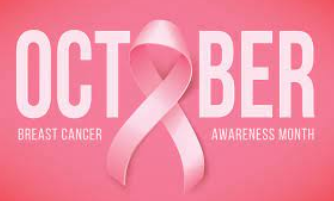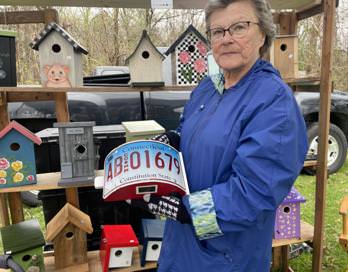Save the Survivors, Not The Breasts: The Sexualization of Breast Cancer Awareness Month

October 29, 2021
See a lot of the color pink around lately? That is because October is breast cancer awareness month! Sports team, large companies, small businesses, and more are showing their support for women all around the world who have been affected by this unfortunate illness. However, do you wonder why breast cancer awareness month is the most popular awareness month? There is an answer: sex.
Breast Cancer has impacted thousands, and according to the American Cancer Society, “Breast Cancer will affect about 12 percent of U.S. women during their lifetime.” Whether you have been directly diagnosed, or know someone who has been diagnosed – breast cancer is not something to joke about.
There are hundreds of campaigns with raunchy and sexual titles, aimed to raise awareness for breast cancer. However, are these campaigns really accomplishing what they’re aiming to accomplish? Unfortunately, no. Peggy Orenstein, New York Times bestselling author and journalist shares her opinion in her article titled “Think About Pink,” “‘By making consumers feel good without actually doing anything meaningful, it discourages understanding, undermining the search for better detection, safer treatments, causes and cures for a disease that still afflicts 250,000 women annually.’”
Not only do the campaigns discourage understanding of breast cancer, but they also degrade women, and make them feel like their breasts are valued over their health. Anne Marie Giannino-Otis, a breast cancer survivor and author of the blog “Stupid Dumb Breast Cancer,” feels that the ranchy campaigns “encourage the objectification of women by putting the focus of breast cancer research on saving breasts, not saving lives.”
Breast Cancer Survivors are so much more than their illness or their gender. They are not just their breasts, they are powerful women who survived one of the most infectious diseases in America. It is immensely important for these campaigns to revamp their slogans to capture the true courage of women who have been affected.
















jack • Nov 1, 2021 at 7:43 am
Yasss love ranchy